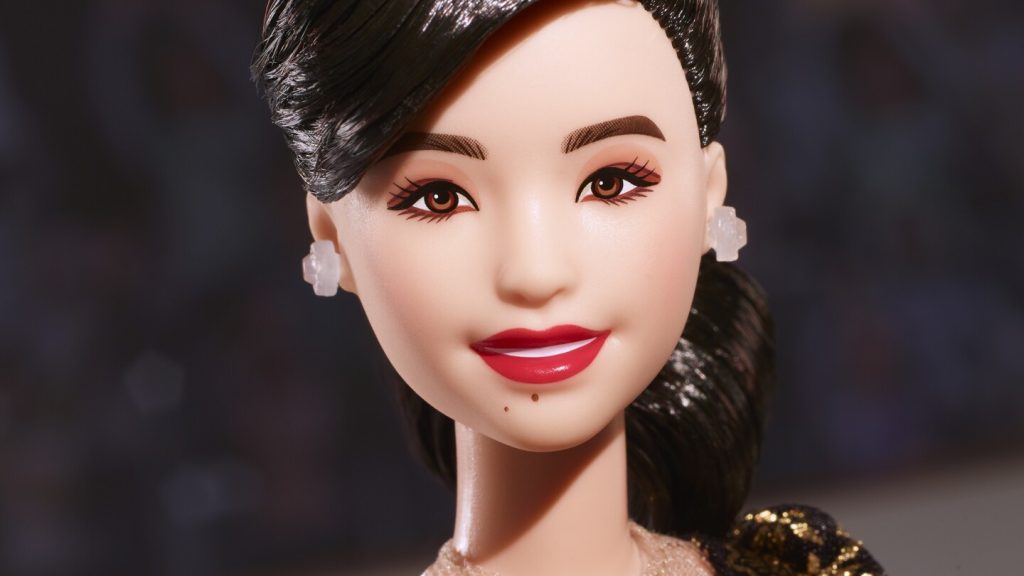Olympic figure skater Kristi Yamaguchi is being honored by Mattel with her very own Barbie doll as part of the Inspiring Women Series, timed for Asian American and Pacific Islander Heritage Month in May. The doll is a detailed replica of Yamaguchi’s outfit and appearance at the 1992 Winter Olympics, where she became the first Asian American to win an individual figure skating gold medal. This recognition is a huge honor for Yamaguchi, who sees it as a way to pay tribute to other incredible women who have inspired her.
This isn’t the first time Yamaguchi has been depicted in doll form, as a line of dolls modeled after skating stars was released in the ’90s. However, the Barbie version is much more detailed, capturing every aspect of Yamaguchi’s Olympic performance. The skater herself is thrilled with the doll’s resemblance to her, especially noting the ’90s hairstyle that perfectly matches her own. The release of the doll coincides with the success of the recent “Barbie” movie and has been well-received by Yamaguchi’s daughters, who initially found it hard to believe that their mother was becoming a Barbie.
The representation of Asian dolls in the toy market has been limited in the past, with many Asian American children lacking dolls that look like them. However, there has been progress in recent years, with independent entrepreneurs and larger companies like Mattel diversifying their doll offerings. Dolls modeled after real people, like Yamaguchi’s Barbie, can help dispel stereotypes and promote inclusivity. Research suggests that having diverse role models, such as Asian American athletes, can inspire kids and signal acceptance.
Mattel’s efforts to diversify its doll lines have largely been praised, but there have been some missteps, such as the omission of an Asian doll in a line of Tokyo Olympics-themed Barbies. Yamaguchi’s connection to Barbie as a symbol of American pop culture is significant, given her family’s history as Japanese Americans who were incarcerated during World War II. Despite facing discrimination in the past due to her heritage, Yamaguchi believes that representation matters and hopes that her Barbie doll will inspire children to imagine what is possible for their own futures.
For Yamaguchi, the Barbie doll represents more than just a toy. It symbolizes a celebration of her achievements as an Asian American athlete and a recognition of the barriers she has overcome. As someone who didn’t initially receive many endorsement deals due to her Japanese heritage, seeing herself represented in a Barbie doll is a powerful reminder of the importance of visibility and representation. Yamaguchi hopes that her doll will inspire children to dream big and see themselves reflected in the world around them.


